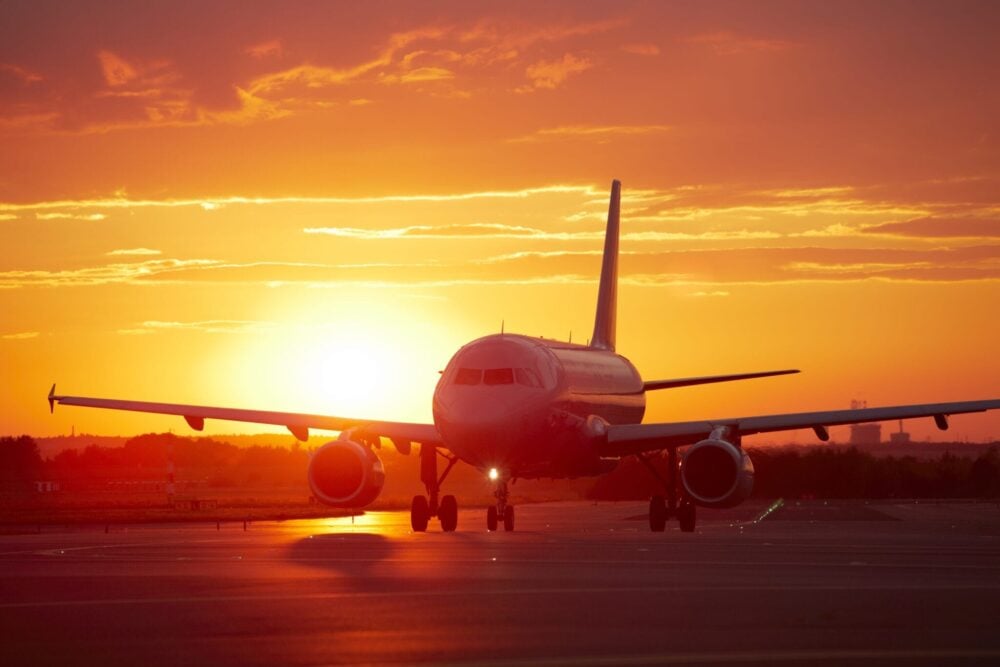Moving your personal effects and household goods is a big part of relocating abroad. Keep in mind moving your belongings overseas can be costlier than replacing them, so try to downsize before you start packing. Once you have decided which of your belongings you are moving to your new home, follow these steps for a successful international move.
Choosing an International Moving Company
Be sure to get at least three estimates, and compare the total cost as well as the services included. Make sure there are no hidden costs and get everything in writing to avoid last minute surprises. Getting numerous estimates will also help you find a mover with availability closest to your needs- be sure to get an estimate of the delivery time frame door-to-door, and ask what’s to be expected in the case of any delay. Read reviews online to find the most reliable, experienced and professional mover. Feel free to consult Unpakt for an international moving company.
Packing
Make sure you pack whatever you need for the first two weeks separately so you can take it with you. If your hired movers provide packing services, leave the packing to them. They will not accept liability for damage to boxes they did not pack themselves, and they are skilled at packing household goods safely for the long journey. If you are packing on your own, make sure to create an itemized list of the goods in each box or crate; pack lighter boxes that are less likely to suffer damage, and never use cartons that were previously used for food items.
Customs
Rules and regulations regarding customs vary from country to country. Generally, weapons, hazardous materials, perishables, flammable or corrosive materials are likely to get you stuck at customs with some explaining to do. It is also advisable to refrain from transporting alcohol and food products. Professional international movers should be able to guide you about what is and isn’t allowed to enter the country you are relocating to.
Insurance
A lot can go wrong when transporting the entire content of your house to another country. From a storm at sea to poor handling by customs officials, things can be damaged or lost. Most moving companies offer a choice between basic and broader insurance packages, and some offer even all-inclusive packages at higher costs. If your mover doesn’t offer adequate coverage, consider purchasing independently. In any case, you should check your home insurance policy to see if it includes coverage for goods in transit/storage.
Pets
To prevent the spreading of certain diseases, all countries regulate the entry of animals. This makes the relocation of a pet a complicated and often costly endeavor. It involves obtaining export and import permits, updating different vaccinations and getting a health certificate from a vet. Depending on the country you are relocating to, a quarantine of up to 6 months might be required.
It’s also important to look into your pets’ transportation options and get detailed information from a number of airlines before purchasing your flight tickets. Some airlines allow certain pets (mainly cats and dogs) in the cabin, if their carrier is small enough to fit under your seat. If your pets are larger they will probably only be allowed in the cargo bay. This has implications for your pets’ health and safety depending on their age and physical condition, so make sure to get professional advice from a vet.
If you’re relocating with children, don’t miss our guide to families relocating abroad!








